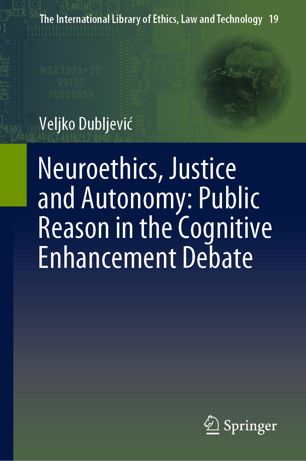

Most ebook files are in PDF format, so you can easily read them using various software such as Foxit Reader or directly on the Google Chrome browser.
Some ebook files are released by publishers in other formats such as .awz, .mobi, .epub, .fb2, etc. You may need to install specific software to read these formats on mobile/PC, such as Calibre.
Please read the tutorial at this link: https://ebookbell.com/faq
We offer FREE conversion to the popular formats you request; however, this may take some time. Therefore, right after payment, please email us, and we will try to provide the service as quickly as possible.
For some exceptional file formats or broken links (if any), please refrain from opening any disputes. Instead, email us first, and we will try to assist within a maximum of 6 hours.
EbookBell Team

4.7
106 reviewsThis book explicitly addresses policy options in a democratic society regarding cognitive enhancement drugs and devices. The book offers an in-depth case by case analysis of existing and emerging cognitive neuroenhancement technologies and canvasses a distinct political neuroethics approach. The author provides an argument on the much debated issue of fairness of cognitive enhancement practices and tackles the tricky issue of how to respect preferences of citizens opposing and those preferring enhancement. The author persuasively argues the necessity of a laws and regulations regarding the use of cognitive enhancers. He also argues that the funds for those who seek cognitive enhancement should be allocated free of charge to the least advantaged. The work argues that the notion of autonomy has been mistakenly associated with the metaphysical concept of free will, and offers a political definition of autonomy to clarify how responsibility is implicitly grounded in the legal and political system. As such, this book is an essential read for everyone interested in neuroethics, and a valuable resource for policy makers, as well as scholars and students in philosophy, law, psychiatry and neuroscience.